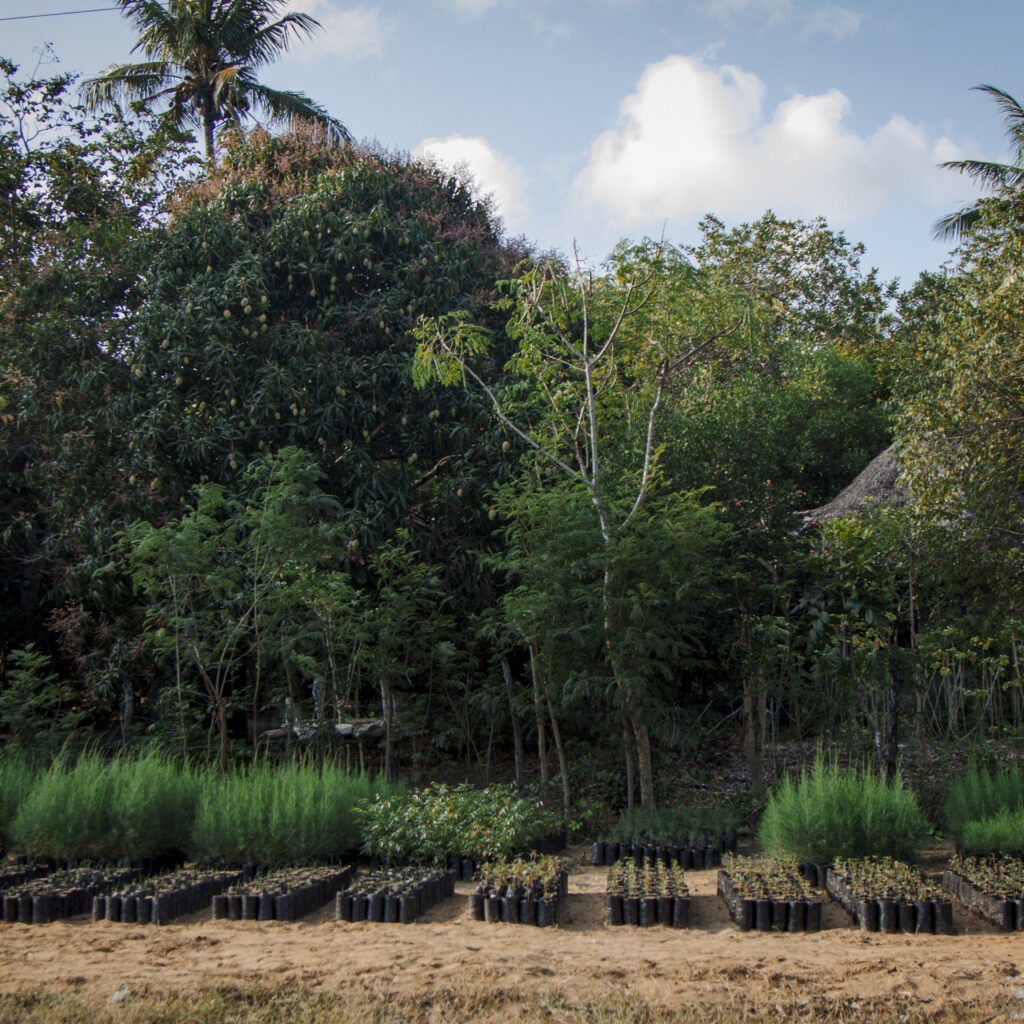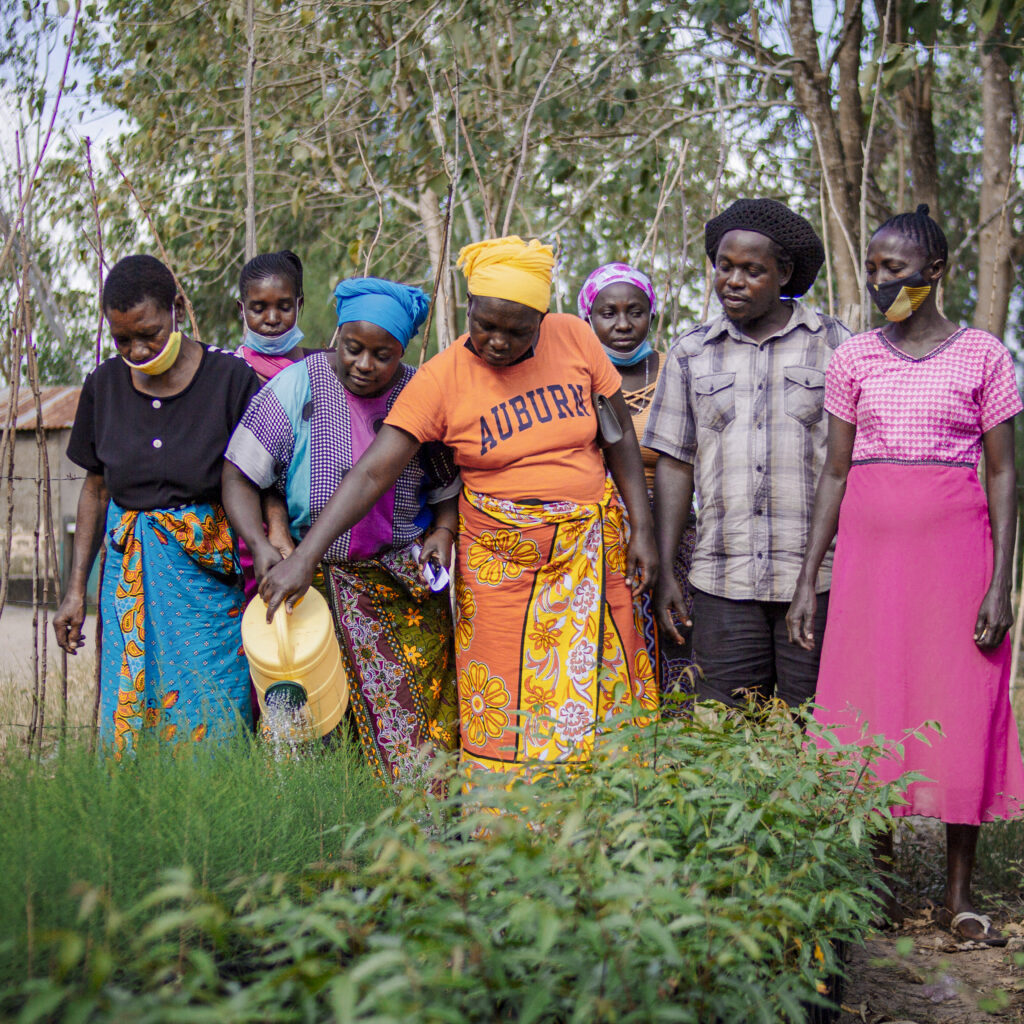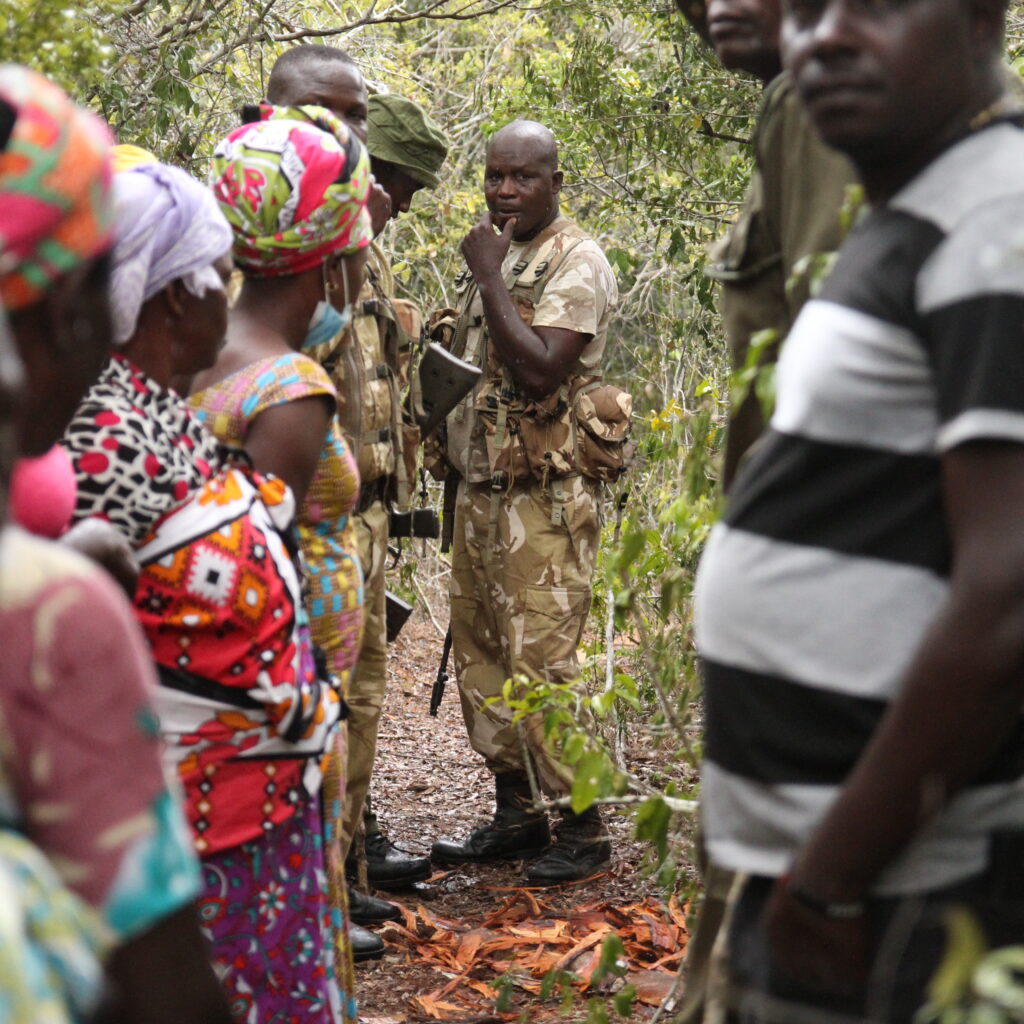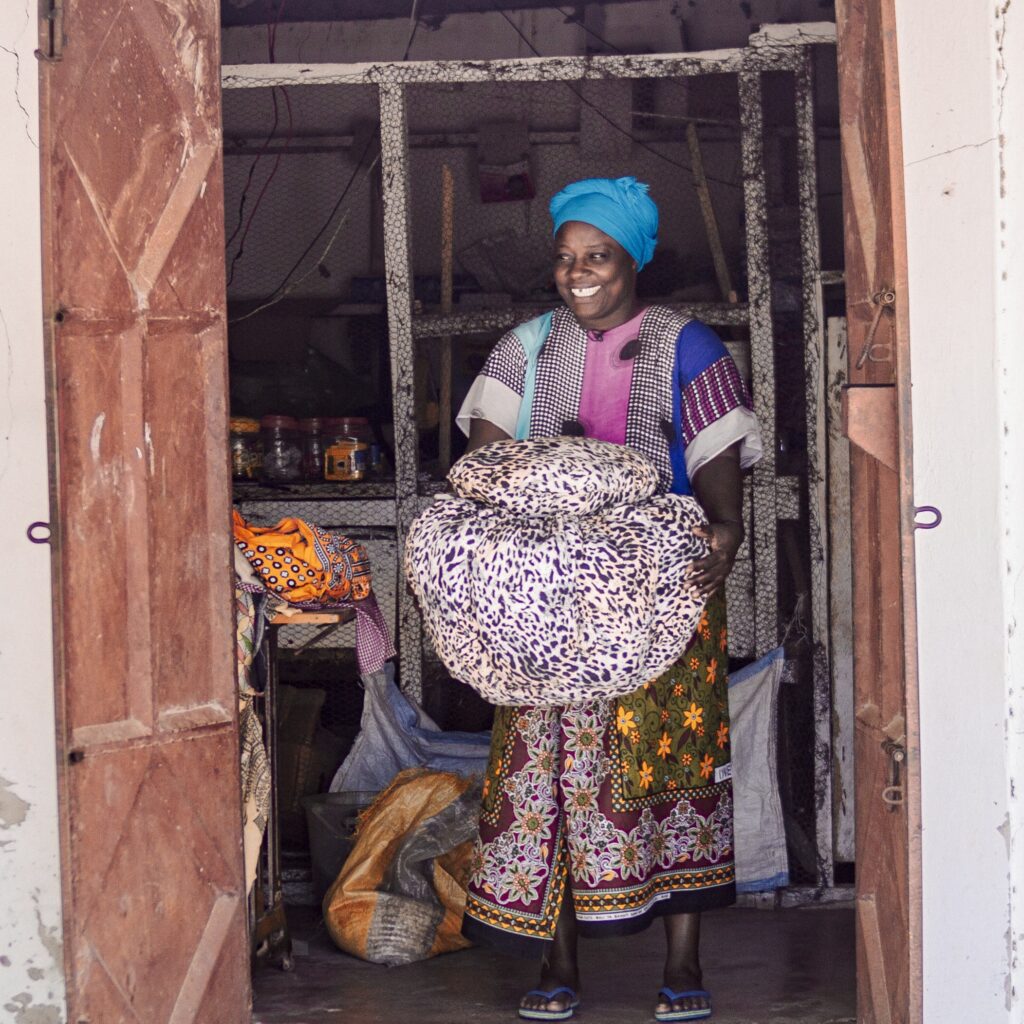Arabuko-Sokoke Environmental Education
Ecosystem in focus: Arabuko-Sokoke Forest and Mida Creek

This section of our Environmental Education programme is a collaborative effort with schools and communities living around Arabuko-Sokoke Forest. Together, we work to understand the forest’s importance, explore alternative sources of livelihood, and implement them when funds allow. Mostly, the schools and parents we work with here, are those benefitting from our ASSETS programme. This section of our Environmental Eduaction work is an extension of the ASSETS programme.
Kitchen gardening, tree nurseries, and farming God’s Way are key sustainable livelihoods that we focus on. These practices not only provide a source of income but also contribute to food security and environmental conservation.
Environmental Education in the ASSETS Schools
The Arabuko-Sokoke Schools and Eco-Tourism Scheme (ASSETS) is a vital programme supporting both education and conservation in the vicinity of the Arabuko-Sokoke Forest. ASSETS partners with 12 schools located within a 5-kilometer radius of this critical forest ecosystem. Recognizing the importance of investing in future generations, ASSETS provides scholarships to high-achieving students from these schools. After completing grade 8, students who demonstrate strong academic performance and meet specific programme criteria receive sponsorship to continue their education through high school. This support empowers promising young individuals and creates opportunities they might not otherwise have. To learn more about the ASSETS programme and its impact, please visit the ASSETS page here.
Complementing the academic support provided by ASSETS, the Environmental Education team works directly with student Wildlife Clubs in these 12 schools. These clubs provide a platform for students to engage with environmental issues and develop a deeper understanding of the natural world. Christabel, our dedicated Arabuko-Sokoke Environmental Education specialist, plays a crucial role in this effort. She works closely with the students, fostering an appreciation for the unique biodiversity and ecological significance of the Arabuko-Sokoke Forest. Through interactive lessons and hands-on experiences, Christabel helps students connect with the forest on a personal level, inspiring them to become stewards of their environment.
Each year, the Environmental Education programme adopts a specific theme to guide its lesson plans and activities. This focused approach allows for a more in-depth exploration of key environmental concepts and ensures that the students gain a comprehensive understanding of relevant issues. Beyond the weekly lessons, students actively participate in a variety of conservation-related activities, putting their knowledge into practice. These activities include tree planting initiatives, contributing to the reforestation and restoration of the forest ecosystem. Students also participate in de-snaring patrols within the Arabuko-Sokoke Forest, working alongside conservationists to remove traps set by poachers, protecting the forest’s wildlife. Furthermore, the students engage in community-focused projects such as market clean-ups, promoting environmental hygiene and raising awareness about responsible waste management. These hands-on experiences instill a sense of responsibility and empower students to become active participants in protecting the Arabuko-Sokoke Forest and their surrounding communities.
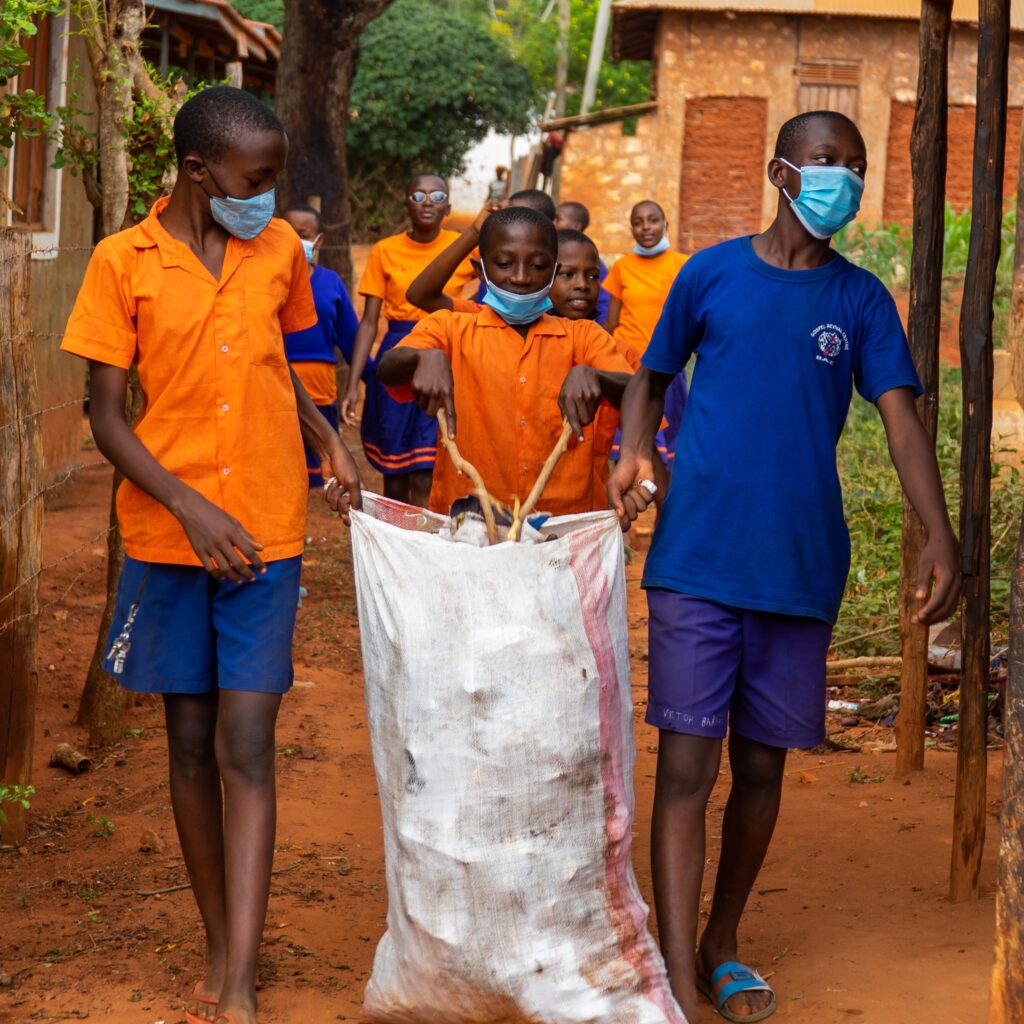
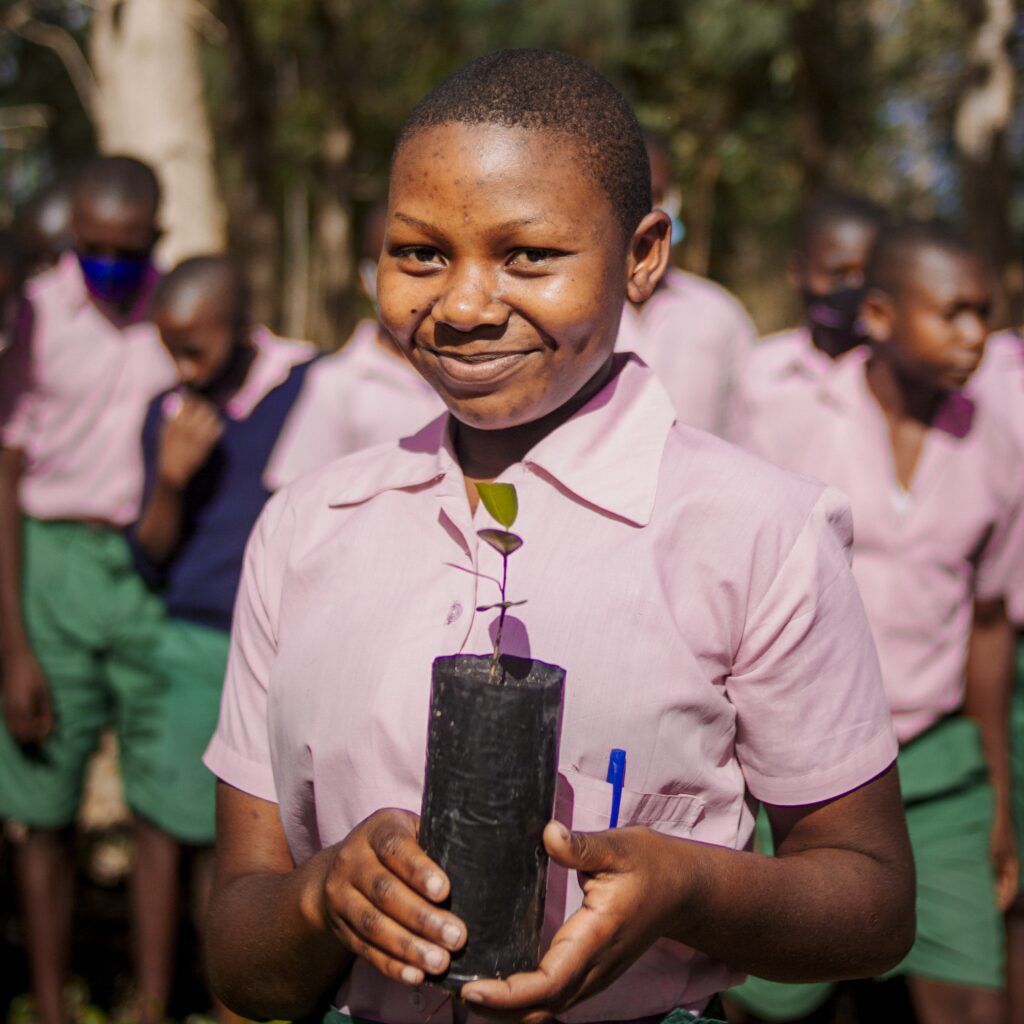
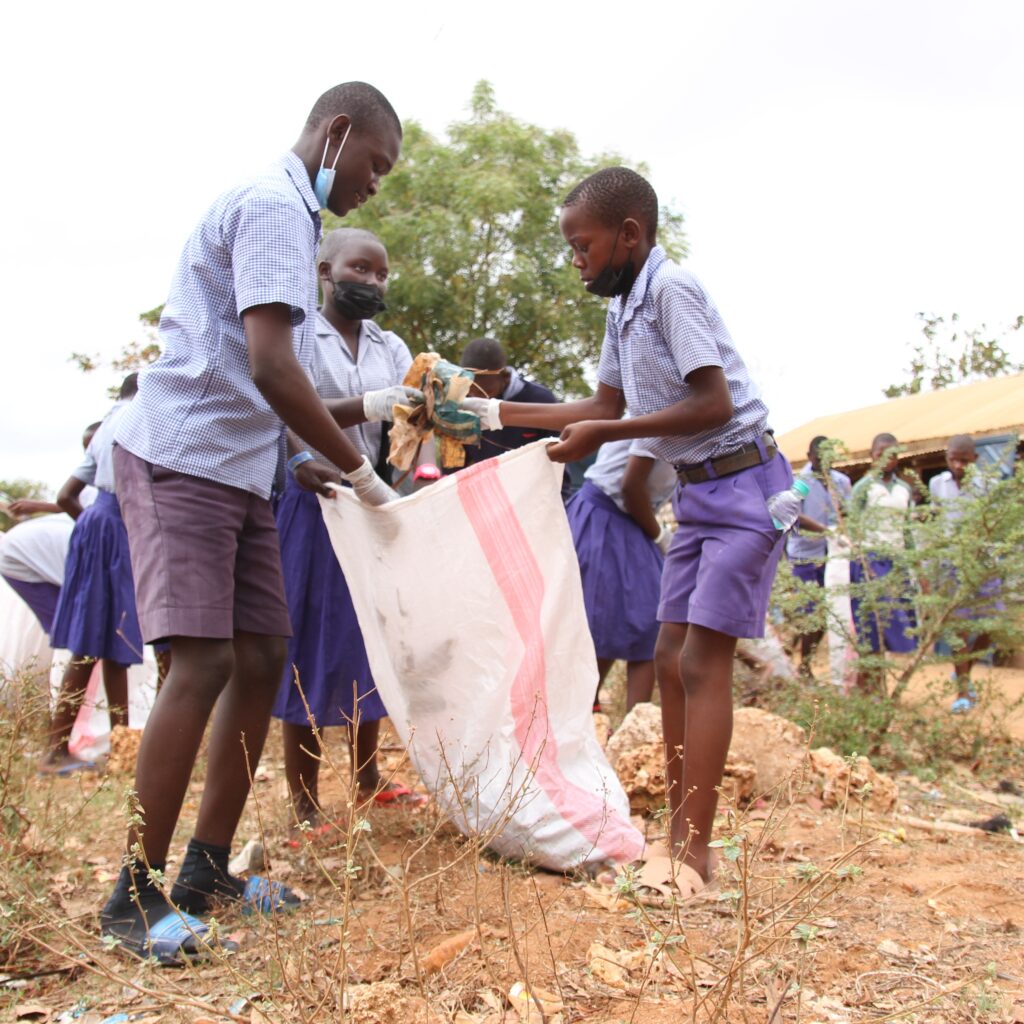
Environmental Education with Muvera wa ASSETS
“Muvera wa ASSETS,” meaning “Thank You ASSETS,” is a testament to the programme’s impact. This community-based group comprises parents whose children have received or are currently receiving support from ASSETS. More than just beneficiaries, these parents are actively engaged in practical conservation initiatives. Through their involvement with A Rocha’s work, their regular weekly meetings, and the educational opportunities provided, the Muvera wa ASSETS members have become passionate advocates for the conservation of the Arabuko-Sokoke Forest.
Their conservation efforts are diverse and impactful:
Tree Planting: Muvera members receive comprehensive training on establishing and managing tree nurseries. These nurseries cultivate seedlings of indigenous tree species, vital for the forest’s health. Some fast-growing, non-invasive species are also raised for commercial purposes, providing a sustainable income stream for the members. Annual tree-planting events bring the community together to restore degraded areas within the Arabuko-Sokoke Forest. Surplus seedlings are sold, generating further income for the Muvera members and promoting wider reforestation efforts.
Snare Walks: These activities provide a firsthand look at the detrimental effects of illegal activities within the forest. Muvera wa ASSETS members regularly patrol the forest, monitoring the prevalence of illegal practices. Crucially, they actively remove and destroy traps and snares, which pose a significant threat to the forest’s small mammal populations. These snare walks not only contribute to wildlife protection but also raise awareness within the community about the devastating consequences of poaching.
Beyond these core activities, the programme also empowers Muvera members with training and resources for alternative livelihoods. This includes education and support for sustainable practices such as Farming God’s Way, an agricultural method that emphasizes soil health and water conservation. The programme also promotes the use of fireless cookers (energy-saving stoves), reducing reliance on firewood and lessening pressure on the forest. Beekeeping is another alternative livelihood encouraged, providing both income and the added benefit of pollination for the surrounding ecosystem. By providing these diverse opportunities, the programme empowers the community to improve their livelihoods while actively contributing to the long-term health and preservation of the Arabuko-Sokoke Forest.
